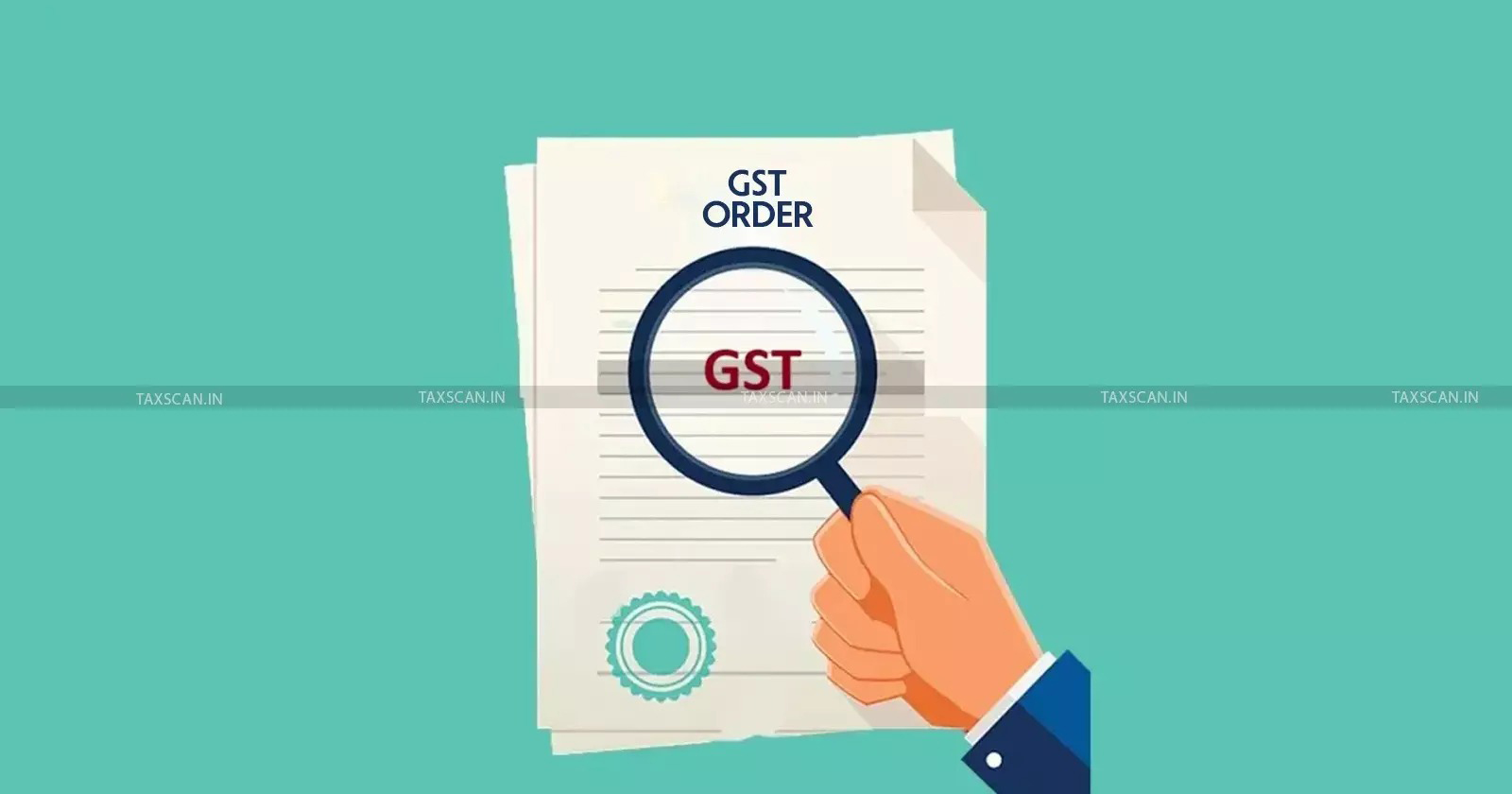Allahabad HC Orders GSTN to Modify Portal within 1 Month to Allow Appeals Even When Disputed Tax Shows Nil [Read Order]
The High Court permitted the petitioner to file the appeal manually, stating that “Since filing of the appeal cannot be held hostage to the correction that is necessary to be made by the GSTN”
![Allahabad HC Orders GSTN to Modify Portal within 1 Month to Allow Appeals Even When Disputed Tax Shows Nil [Read Order] Allahabad HC Orders GSTN to Modify Portal within 1 Month to Allow Appeals Even When Disputed Tax Shows Nil [Read Order]](https://images.taxscan.in/h-upload/2025/11/12/2104519-allahabad-hc-gstn-modify-portal-disputed-tax-shows-allahabad-hc-orders-taxscan.webp)
The Allahabad High Court directed the GSTN ( Goods and Services Tax Network ) to modify GST portal within one month to allow appeals even when disputed tax shows ‘Nil’ and held that a statutory right to appeal under Section 107 of the GST Act cannot be denied or obstructed due to technical glitches on the GST portal.
“Therefore, on the second issue, the GSTN authorities may make appropriate changes in the program/software to enable filing of appeals even if according to the digital records, the disputed tax liability may reflext as 'Nil'’ said the bench.
The fact is that M/s Agarwal Aromas Private Limited, challenged the order dated May 30, 2025, passed under Section 74 of the UPGST Act, arguing that the appeal could not be filed on the GST portal because the system displayed “disputed amount cannot be zero.”
The issue started since the petitioner had deposited the disputed tax amount in response to the show-cause notice before the order was passed, and consequently, the portal automatically reflected the ‘disputed demand of tax’ as Nil, blocking the appeal filing process.
The Court noted that the petitioner’s statutory right to appeal cannot be eclipsed merely because the portal is designed to disallow appeals in such situations.
The bench, rejecting GSTN’s submission that the issue was procedural and not technical, clarified that the technological system managing appeals cannot override statutory provisions.
Understanding Common Mode of Tax Evasion with Practical Scenarios, Click Here
 Also Read:No Need to Relegate to Alternate Remedy when GST Order Passed in Violation of Natural Justice and Jurisdictional Error: Allahabad HC [Read Order]
Also Read:No Need to Relegate to Alternate Remedy when GST Order Passed in Violation of Natural Justice and Jurisdictional Error: Allahabad HC [Read Order]
The Bench further observed that under the earlier manual regime, officials were duty-bound to accept and register every appeal submitted before the appellate authority, without exercising discretion to reject it at the filing stage.
It clarified that while the GST Act replaced manual filing with a digital process, it did not authorize GSTN to curtail or interfere with statutory rights. The Court held that “the only change we recognize is the replacement of human agents with machine-run, software-driven technology. No other change has been made to the substantive law.”
Accordingly, Justice Saumitra Dayal Singh and Justice Indrajeet Shukla directed the GSTN to make suitable modifications in its portal within one month to make sure that appeals can be filed even if the disputed tax amount reflects as Nil, with a note that the question of maintainability would be determined by the appellate authority itself.
The High Court permitted the petitioner to file the appeal manually, stating that “Since filing of the appeal cannot be held hostage to the correction that is necessary to be made by the GSTN, the petitioner may file his appeal through physical mode before the appropriate appeal authority within a period of two weeks from today.”
The appellate authority was directed to register and decide the appeal on merits without raising objections regarding limitation or mode of filing.
The Court also praised GSTN's quick assertion to fix another systemic problem with the incorrect order of the "reply due date" and "hearing date" in adjudication notices, and it ordered that the necessary remedial measures be implemented as soon as possible to avoid procedural errors in subsequent notices.
Support our journalism by subscribing to Taxscan premium. Follow us on Telegram for quick updates


